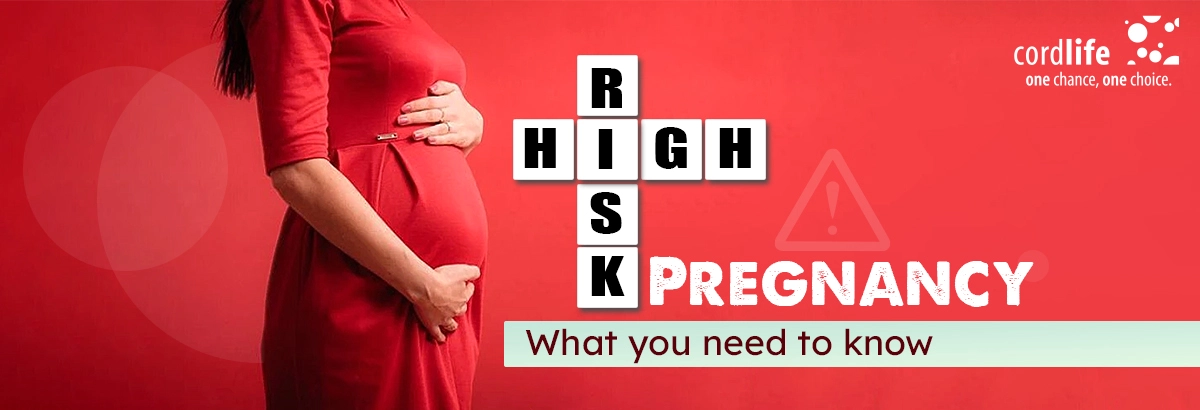Table of Contents
Visiting the healthcare practitioner in every trimester of your pregnancy is the norm. Your healthcare provider takes you through several tests and ultrasound scans to see your pregnancy health and the health of the baby inside your womb. The tests and scans can show that due to your age, health condition, and several other reasons, certain pregnancy complications may occur. So much so, that your pregnancy can reach the high-risk zone.
What is a High-risk Pregnancy?
“High-risk” pregnancy is when both you and the baby inside you suffer from increased health risks and both of you need some extra care during pregnancy and after you’ve delivered your baby. However, getting early as well as continuous prenatal care can increase your chance of a healthy pregnancy.
What are the Causes of a High-risk Pregnancy?
Maybe high-risk pregnancies are not that common, but it’s not that they are not rare. According to WHO nearly 15% of pregnancies are high-risk. Here are some of the causes of high-risk pregnancies:
Maternal Age
Planning to have a baby after you’ve crossed 35 years old, doesn’t always mean that your pregnancy is going to be risky. In fact, there are many first-time to-be-parents who plan a baby in their mid-30s and enjoy a healthy pregnancy and deliver a healthy baby. However, the risks of your pregnancy increase when you’re suffering from gestational diabetes, hypertension, prolonged labour, etc. along with your age.
Maternal Weight
You need to take care of your weight when it comes to nurturing another life inside you. If, for instance, you’re overweight or plus size, health conditions like gestational diabetes, and hypertension, may come along with it. Not just that! You might undergo prolonged labour and there is a chance of neural tube defect.
Placental Complications
The Placenta is the most vital organ between you and your baby inside you. It nourishes the baby with all-essential nutrients and oxygen via the umbilical cord blood, as well as removes the waste material with the aim of creating a safe environment for the baby during pregnancy. But if there is any placental complication like placental abruption or retained placenta; then both you and your baby can be in danger.
Pregnant With Twins
Some twins share the placenta and the amniotic sac. In this case, your physician takes a closer look at your pregnancy to investigate the potential problems. However, foetal complications arise when the foetuses share a placenta and amniotic sac. This situation is the rarest and the riskiest. There are chances that the babies tangle the umbilical cord around their necks. Or insufficient nutrient reaches the children inside. Or blood or other vital life-supporting systems might get disrupted.
Sexually Transmitted Diseases (STI)
During your prenatal doctor visits, your doctor will make you undergo several tests. One of them would be the tests for sexually transmitted diseases, like syphilis and HIV.
With the above-mentioned problems, if you have symptoms like severe headaches, morning sickness, abdominal pain, and fever over 100.4°F during pregnancy, you need to call the doctor immediately.
